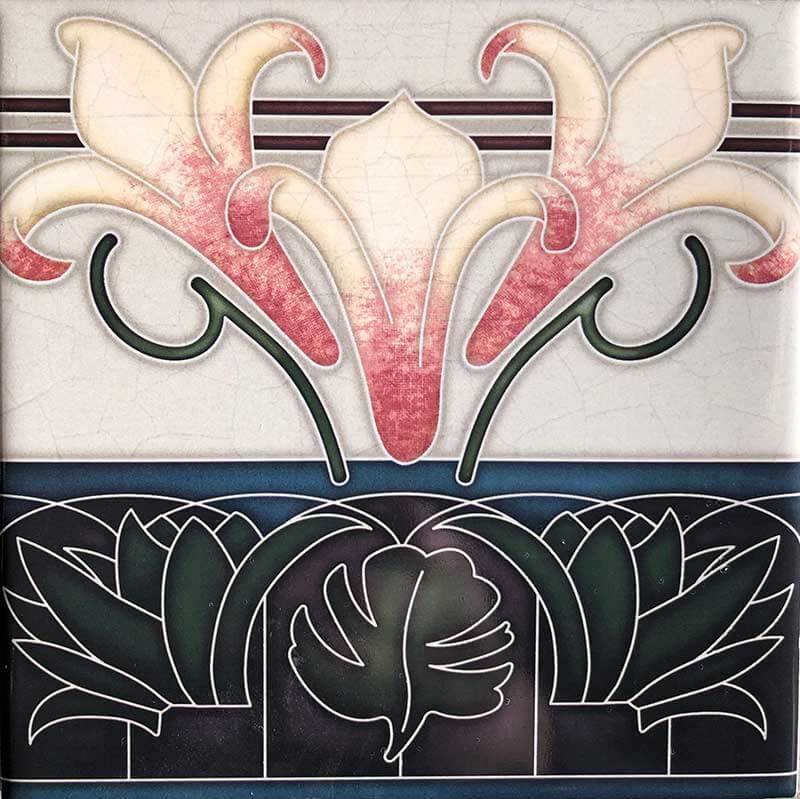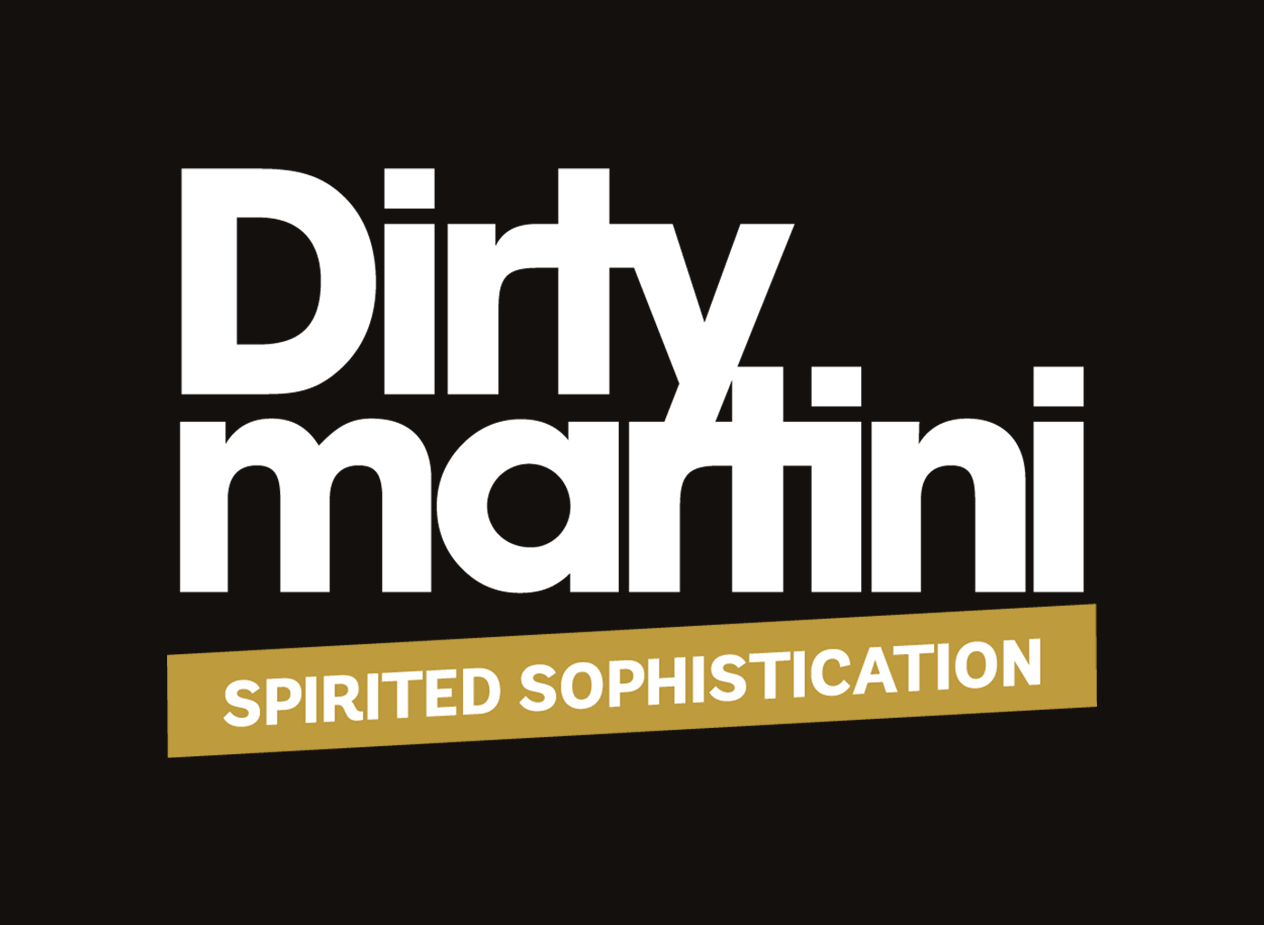A widespread and increasingly popular choice for designers, architects and builders, custom ceramic tiles are much valued for their versatility, durability, and eco-friendly production methods.
The creation of porcelain and ceramic tiles goes back almost as long as civilization itself. While the manufacturing process follows the same basic steps as the ancient methods, new technologies have transformed tile production, making it possible for tiles of the highest quality to be produced quickly and efficiently while adhering to high standards of sustainability and environmental protection.
Mixing and drying the raw materials
Firstly, the raw materials must be mixed with water in a revolving drum. There are many alternative recipes using different ingredients. Feldspar, silica sand and clay are three of the most common materials used.
Porcelain tiles are made with a very fine type of clay fired at high temperatures, giving them their distinctive density and hardness. These properties make them highly durable, which is why they are an ideal choice for high-traffic areas.
The mixture will then be put in a spray-drier, where jets of hot air are used to dry out excess water. It is crucially important that an appropriate level of moisture is attained before moving to the next step.
Making and curing the tile body
Once the moisture level is right, the tiles will be pressed and formed into the various shapes required using different tile-punches. These unfired tile bodies, known in the industry as greenware, must then be cured by drying them on racks before beginning the firing process.
Printing and glazing the greenware
Digital printers can then be used to apply colours, patterns and images to the tiles. The choice of design is virtually limitless, thanks to significant advances in tile printing technology. Once printed, the tiles will be coated with a protective glaze. A range of finishes are possible, from glossy to matte, according to the client’s wishes.
Firing
In this final stage the tiles are fired in a kiln at very high temperatures, ranging from 1260C to 1345C. This will remove any further unwanted moisture, producing strong, durable tiles fit for their intended use.
If you are involved in a public or private design project, contact us at Digital Ceramics Custom Tiles, and we can discuss our products and how they may be integrated into your latest venture.





















